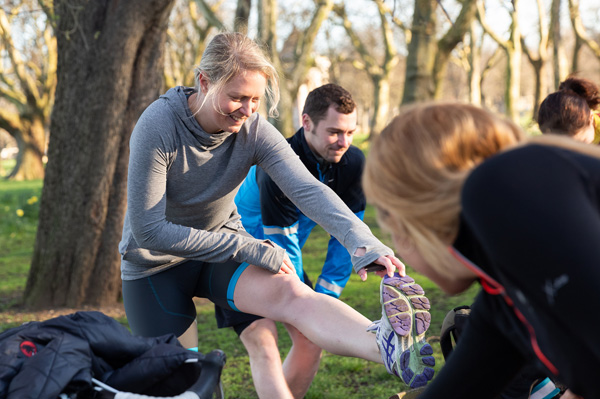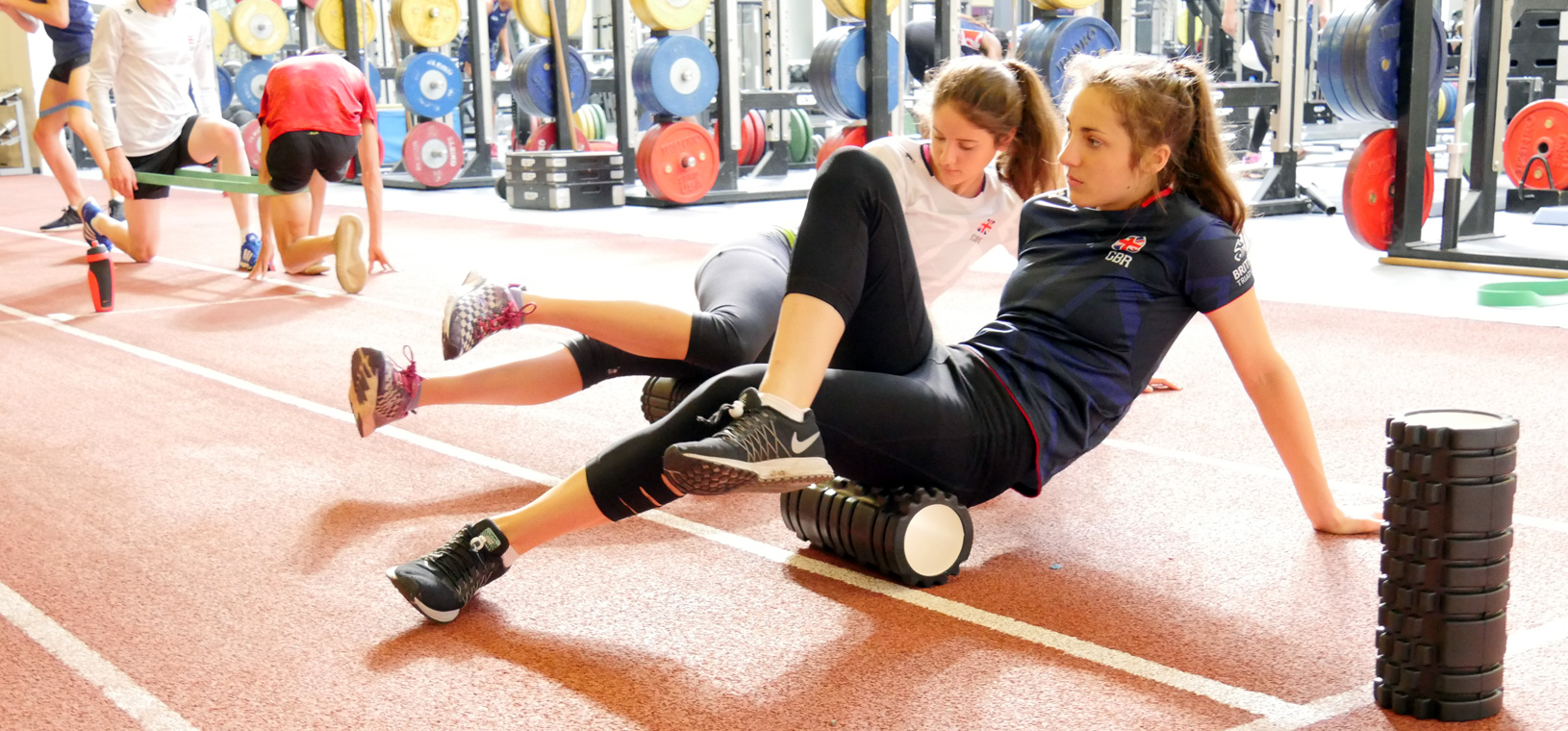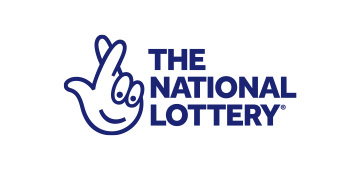Every detail of your training plan gets pored over in the weeks that lead to the big day. But what happens when it’s all over? Here’s how to recover from your A-race, and make the most of the gains you’ve accomplished moving forward.
Speed of recovery? It depends on you
There are a number of contributing factors to how fast you’ll fully recover – i.e. train again with no residual fatigue or other physical effects from your event. Your age, the food you eat, your level of conditioning, quality of your taper, triathlon experience and even current level of day-to-day stress all have an impact. In general, the younger, fitter and healthier you are, the quicker you’ll recover and, you guessed it, the opposite is also true. With these influences, there’s no single answer to the ‘right’ recovery, so it’s vital to listen to your body – and respect the time off you’ll need after an event – in order to get better and stronger over time.
Honour the time you need to recover
Regardless of how chipper you feel with your medal in tow; it’s vital to realise that this isn’t a cue for running a marathon the week after your long distance Age Group event, just because your mate is. Post-race exhilaration can easily be mistaken for energy so keep your recovery in check. With the sprint distance usually being over in under two hours, complete recovery will take between six and 10 days depending on the factors above. The longer the event, the longer the recovery, up to three months for full recovery from a full distance event, with normal activity resuming – in ernest – after one month, if you’ve been recovering well.

Stretch out regularly to prevent post-event seize up.
Get the most from your recovery
When you’ve gone all-in for your swim, bike and run, do the same for the aftermath for the best results down the line. Sure, you need to celebrate – that’s all part of the process, but with this done, the temptation is to either get back into structured training or get into some unstructured eating and drinking instead. Neither are ideal. Now is the time to stay hydrated and flood your body with nutrients: plenty of fresh salads, fruits and vegetables have been shown to reduce damage caused by the stress the body goes under during endurance sports. Meanwhile, don’t neglect the foam roller just because the big day is over – now is the time to ease muscular stress. Replacing your evening run with a regular yoga session to stretch out will reduce post-event seize up. And, because blood flow is vital to recovery, it’s a good idea to do some gentle exercise after a hard race – but stay off the running, and head for a warm-up level spin on the bike, but no harder.
Plan your next goal
Part of getting better is looking at the stuff that worked and, importantly, the elements that didn’t. While the weeks and months after your big race can sometimes feel like post-race blues, they’re the perfect time for mental recovery as well as physical, to give yourself some well-earned mental space from it all. The upshot of this is better clarity for what you want to achieve next – along with the goals you’ll need to work on to get there.














